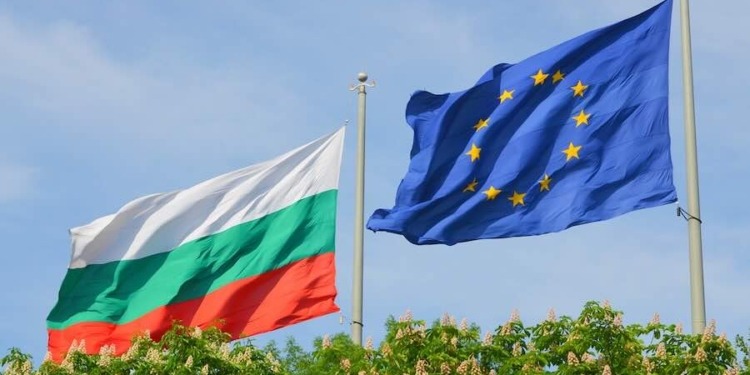The FINANCIAL — Bulgaria’s failure to meet the price stability criterion for euro adoption will push its entry into the bloc beyond January 2025, Fitch Ratings says. Continued political uncertainty means that we view euro accession as unlikely before 2026, although it may be technically possible that Bulgaria will join the single currency at some point next year.
The European Commission’s Convergence Report, published on 26 June, said that Bulgaria “fulfils all but one criterion” for euro entry. This is the price stability criterion, which stipulates that the 12-month average harmonized consumer price inflation should not exceed by more than 1.5pp that of, at most, the three best-performing EU member states. Bulgaria’s 12-month average HICP was 5.1% at the time of the assessment, above the Commission’s reference value of 4.1% and the ECB’s of 3.3%.
The rapid decline in inflation in Bulgaria over recent months has significantly narrowed the gap between average inflation in the country and the reference value. In our view, Bulgaria could comply with the price stability criterion in 4Q24 at the earliest, depending on inflation developments across the EU. The criterion allows for some flexibility, as a member state where country-specific factors are thought to make inflation particularly low could be judged an outlier and excluded from the reference value calculation. The different reference values calculated by the Commission and the ECB reflect different methodological treatment of such outliers.
Bulgaria intends to request a reassessment by the Commission and ECB before end-2024, once it has fulfilled the price stability criterion, which could allow for eurozone entry in 2025. According to local and EU authorities, this process is technically feasible but has never been done before.
The Convergence Report is consistent with our assumption at our last sovereign rating review on 26 April, when we affirmed Bulgaria’s ‘BBB’ rating with a Positive Outlook. As we noted then, we believe there is broad political commitment locally and at the EU level to euro adoption, despite the likely delay beyond January 2025, and renewed political uncertainty.
Snap elections on 9 June failed to break Bulgaria’s political deadlock. Parliament remains fragmented, with seven parties securing representation. The June election followed the breakdown of an agreement that the office of prime minister would rotate between the two largest parties, WCC-DB and GERB, caused by clashes over cabinet positions and the reform agenda.
GERB, the party of ex-PM Borissov, won the largest share of the vote with 24.7%, followed by ethnic minority party MRF with 17.1%, WCC-DB (14.3%), and the nationalist Vuzrazhdane (13.8%). All parties’ share of the vote has declined, except for those of MRF and the smaller TIFP, since the previous elections in April 2023.
Formal government formation talks have yet to start, but statements by some parties regarding their unwillingness to participate in or support certain coalition combinations suggest reaching agreement will be difficult. Therefore, another snap election in the autumn is a strong possibility.
The political limbo and frequent snap elections have hampered Bulgaria’s ability to implement structural reforms, including those linked to the National Recovery Plan, which would support investment and growth. The Convergence Report stated that national legislation is now compatible with EMU membership, but we think that uncertainty about political capacity to implement some outstanding post-ERMII commitments is another factor likely to push euro adoption to 2026.




























Discussion about this post